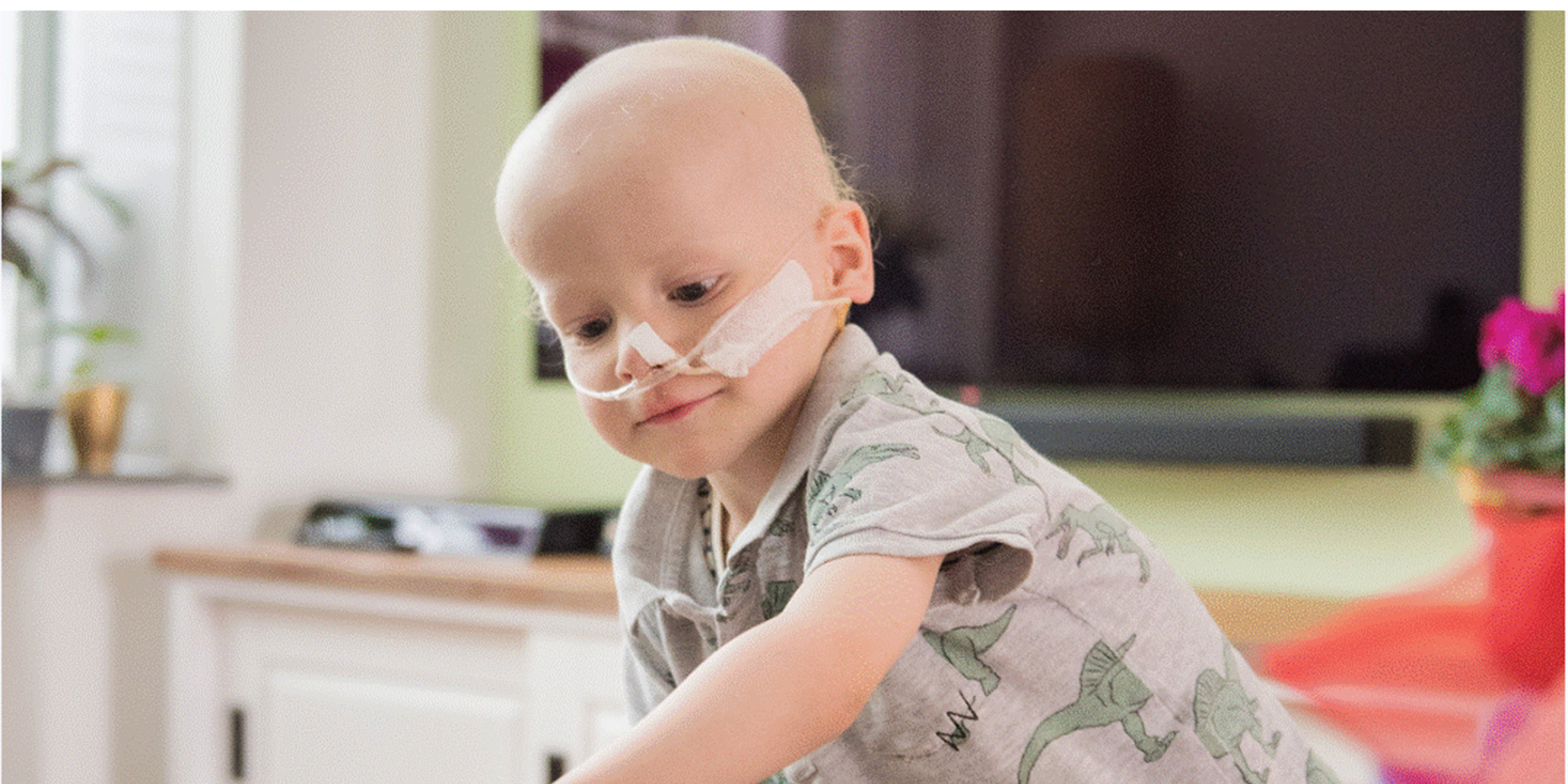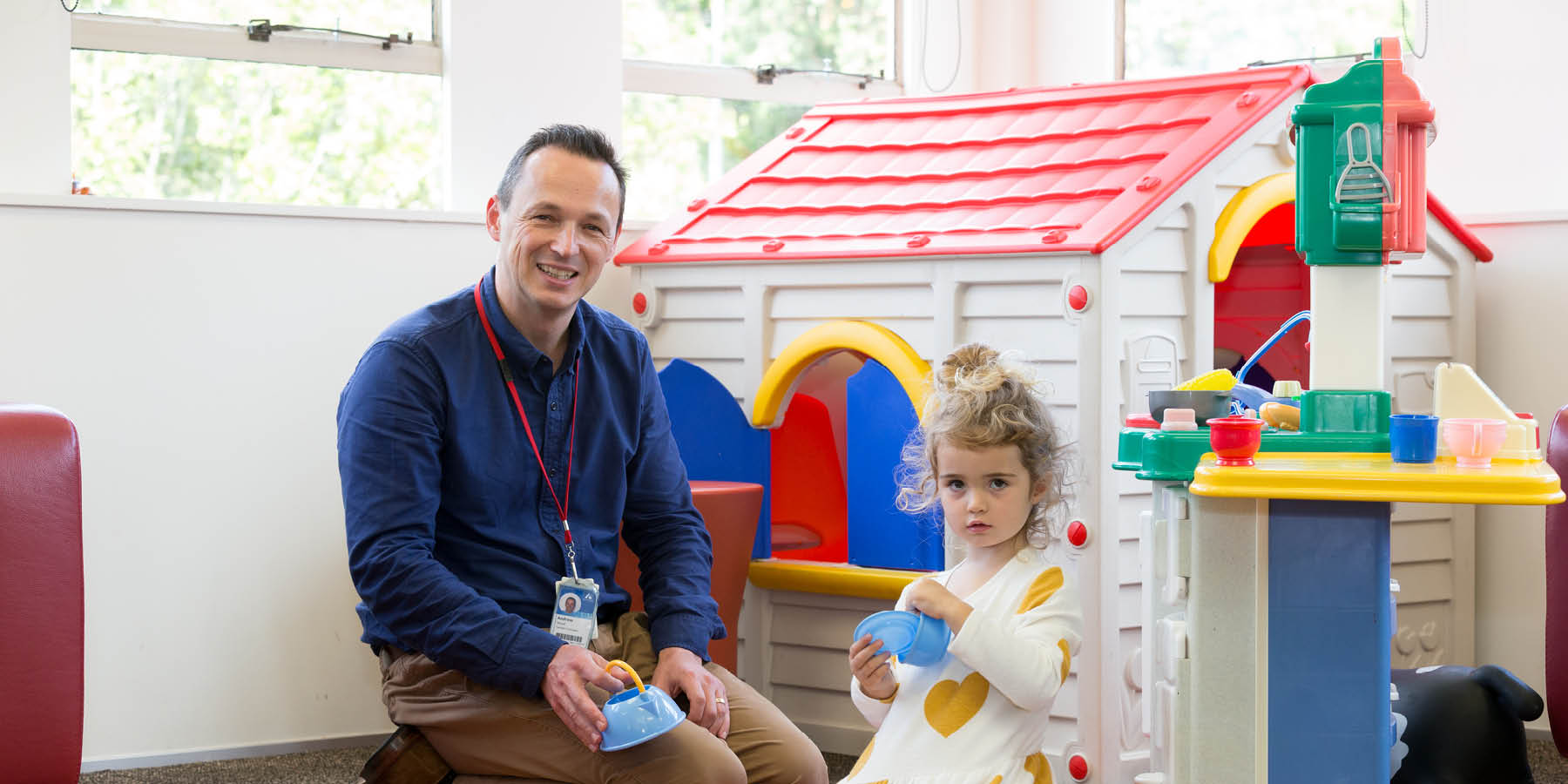What’s the difference between childhood cancer and adult cancers?
There are many differences between childhood and adult cancers.
Firstly, childhood cancer is much rarer than adult cancers. Cancers in children only account for a very small percentage of all the cancers diagnosed in New Zealand each year, as more than 99% of cancer occur in adults.
Secondly, the cause of the majority of childhood cancers is unknown. Scientists and doctors know that adult cancers can develop because of lifestyle habits (such as smoking) and exposure to carcinogens (such as UV rays from the sun) but very little is known why and how childhood cancer develops.
The types of cancer children are affected by also differs. Leukaemia, lymphoma and brain tumours are common among children but these cancers are relatively less common in adults who are more likely to be affected by lung, breast and bowel cancer. An important difference between cancer in children and adults is a significant difference in expected survival, with over 80% of children expected to survive five years past their diagnosis.
Because childhood cancer is rare and different to adult cancers, children are treated by specialist paediatric oncology doctors in specialist hospital centres. There are just two hospitals in New Zealand which initially care for and coordinate the care of children with cancer – the Starship Blood and Cancer Centre in Auckland and the Children’s Haematology/Oncology Centre in Christchurch.
While children and their families may have to travel to receive their cancer treatment, certain chemotherapy and patient care can be safely delivered at their local hospital. This is different from adults with cancer who can usually access cancer care in their local major hospital.


